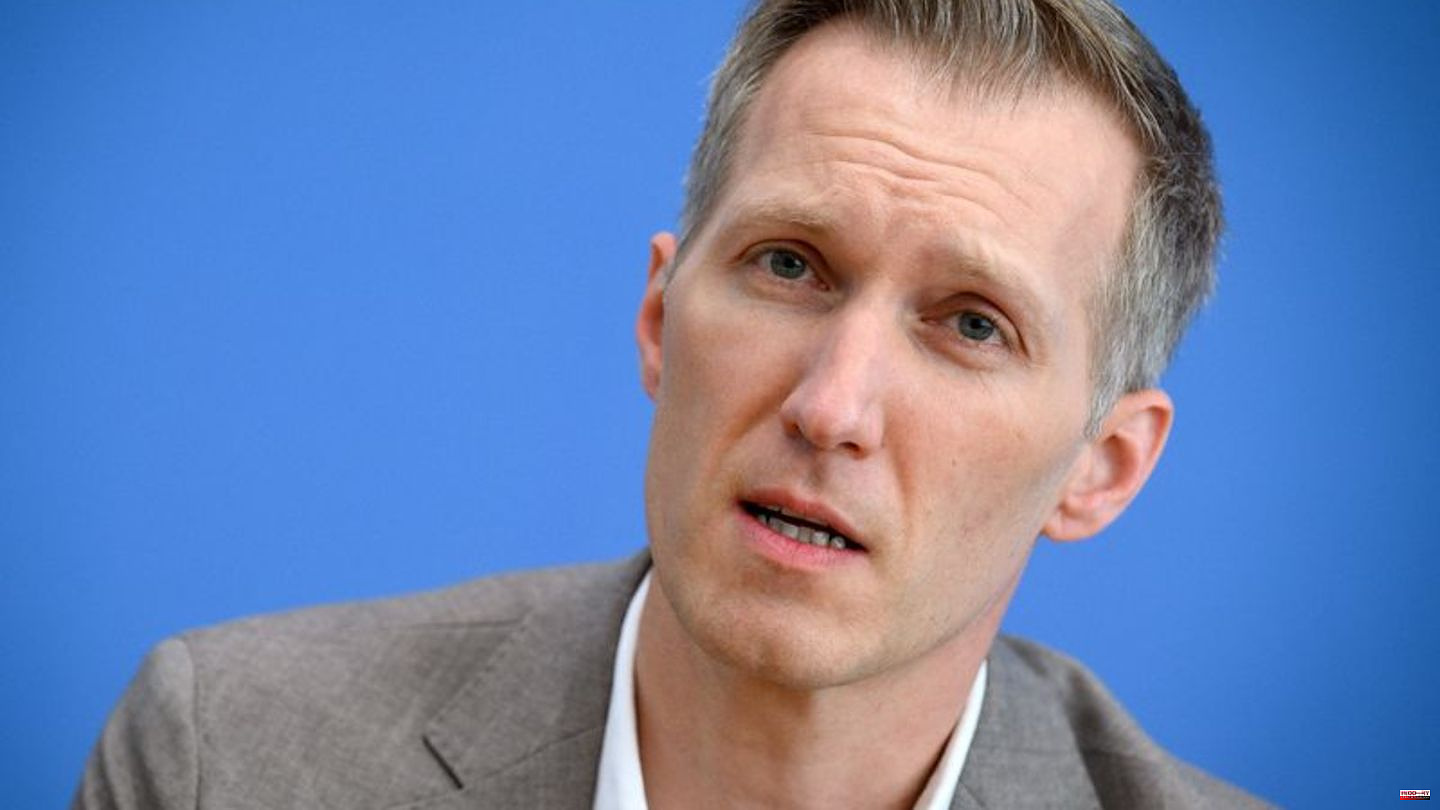The employment of refugees from Ukraine, but also from the most important countries of origin for asylum seekers in Germany, is increasing despite the increasingly difficult labor market. The so-called job turbo, launched at the end of last year, is starting to take effect, said the Federal Commissioner for the Integration of Refugees into the Labor Market, Daniel Terzenbach, in an interview with the German Press Agency. The job turbo is intended to help fill vacancies with refugees. “We see that the job boost is going in the right direction the more intensively we work with people – even though the economy is currently bad,” he emphasized.
“We put around 2,500 Ukrainians into work in March 2023 and well over 5,000 in March 2024,” said Terzenbach. "We have over 170,000 more unemployed people than in the same month last year and yet employment among Ukrainians is increasing significantly." Employment has also increased in the eight asylum countries of origin - especially Syria and Afghanistan. From this group, 13,076 people entered the primary labor market in March. In March 2023 there were only 11,155 - with an overall even more favorable labor market situation.
Terzenbach: Around 70 percent of men from Syria have jobs
“The refugees who came to Germany in the first refugee movement in 2015 and 2016 are integrated into the labor market above average, even in an international comparison. A lot of work integration has taken place,” said Terzenbach. Around 70 percent of men from Syria have jobs. “We still have some catching up to do when it comes to women’s integration,” he admitted.
In the future, Terzenbach wants to avoid letting the largely well-educated Ukrainians stay in German or other courses for too long. It is important to get people into jobs quickly. However, the qualification should then continue in order to address the shortage of skilled personnel in particular. "When refugees start work, you can't stop promoting language and investing in qualifications. In the past, when people were in work, you often stopped supporting them in any way," he said.
A doctor from Ukraine, for example, could initially work in the hospital without a German license and carry out important auxiliary work - before she could later acquire a license to practice medicine in Germany and work as a full-time doctor. There are similar opportunities in other professions too.
Another finding from previous work with refugees is that the employment agency works much more closely with their community. “We now know how important it is to involve interest groups such as migration associations, welfare associations and volunteer structures much more closely in labor market integration,” said Terzenbach. “We need to be more present on social media channels, for example to counteract disinformation,” he explained. There is already cooperation with the Ukrainian embassy here.
Fact sheet on the integration of refugees








